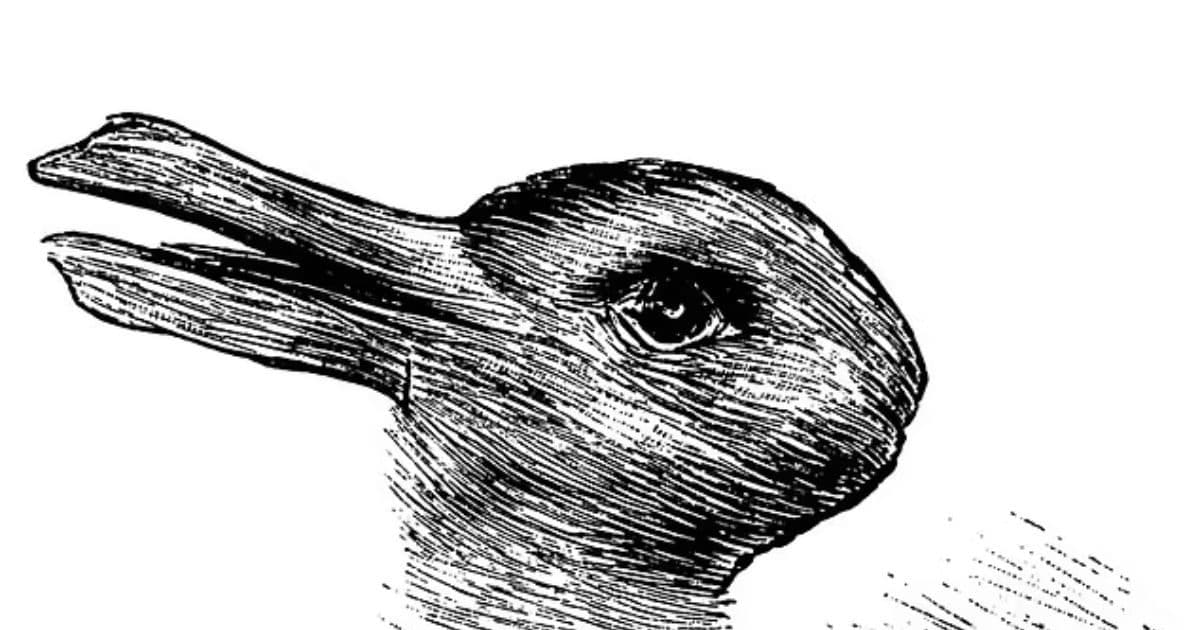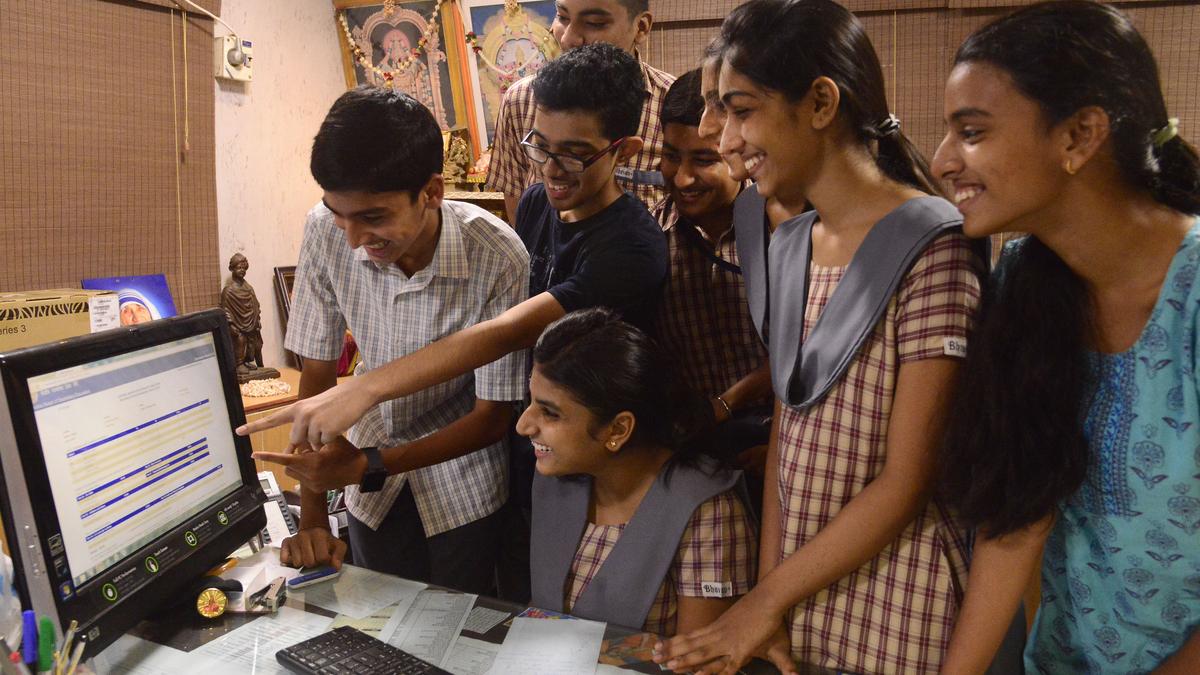
Chief Minister M.K. Stalin leads a rally in Chennai on May 10, 2025 to express solidarity with the Indian armed forces.
| Photo Credit: M. Vedhan
Last week, when India’s defence forces launched Operation Sindoor targeting terror networks in Pakistan, M.K. Stalin was among the first Chief Ministers to commend the military action. He made it clear that Tamil Nadu stood resolute with the Indian Army in its fight against terrorism.
Two days later, Mr. Stalin announced plans to lead a solidarity rally in Chennai. “This is a time to unite and show our support for the Indian Army, which is courageously confronting Pakistan’s repeated violations and acts of terrorism,” he declared.
Even Chief Ministers belonging to the Bharatiya Janata Party (BJP) did not wear their patriotism on their sleeve as visibly as Mr. Stalin did, with such a public display of support for the armed forces, especially when it was too early to judge whether the military operations would escalate into a war. However, by the time Mr. Stalin completed the 3.8-kilometre march on a sultry Saturday evening in Chennai, paying floral tributes to the portraits of fallen soldiers and to the victims of the April 22 Pahalgam attack at the War Memorial, a ceasefire had been announced.
Mr. Stalin’s act, which included him carrying the Indian flag at the beginning and end of the rally, likely fulfilled a deeper, underlying intent — of dispelling the label of the Dravida Munnetra Kazhagam (DMK) being a “secessionist” party. Despite its history of having relinquished the demand for a ‘Dravida Nadu’ (a separate Dravidian state) during the 1962 Chinese invasion, and having shared power at the Centre for significant periods (1989-90, 1999-2003, and 2004-March 2013), the DMK has long endured this label. Critics routinely weaponise this tag to attack the party whenever it advocates for State autonomy, stronger federalism, or employs strong symbolic gestures. For instance, two months ago, when the Stalin government replaced the Indian currency symbol ‘₹’ with the Tamil alphabet Roo in its Budget document, Union Finance Minister Nirmala Sitharaman sharply condemned it, viewing it as “more than mere symbolism”. She argued that it signalled a dangerous mindset that “weakens Indian unity and promotes secessionist sentiments under the guise of regional pride.” In her view, it was a “completely avoidable” example of “language and regional chauvinism.”
Mr. Stalin, who had approved the Tamil logo in the Budget’s promotional materials, defended the move as a statement of his government’s assertiveness regarding the State’s language policy. While the promotion of Hindi is often framed by its supporters as an act of national integration, Tamil Nadu’s opposition to Hindi imposition is dismissed as Tamil chauvinism.
The DMK has faced similar accusations in the past. When former Chief Minister M. Karunanidhi set up the P.V. Rajamannar Committee to study Centre-State relations in 1969, he had to clarify that the demand for greater State powers was not a call for secession. Even after the committee’s report was released in 1971, he reiterated that the aim was not to confront the Centre. Similarly, when Mr. Stalin recently announced the formation of the Justice Kurian Joseph Committee to strengthen State autonomy and federalism, the BJP viewed it with suspicion.
The Stalin government’s strong opposition to the National Education Policy, the terms of the PM SHRI scheme, the three-language policy, and proposed delimitation have all been seen by ‘nationalists’ as more than just assertions of autonomy. In this context, his decision to lead a solidarity march on an issue where any dissenting view or reasoning is swiftly branded ‘anti-national’ was perhaps a carefully considered balancing act.
Despite his strained relationship with the Chief Minister, Governor R.N. Ravi endorsed Mr. Stalin’s rally. He thanked the Chief Minister for organising the rally, calling it an expression of “unequivocal solidarity of our 8-crore people of Tamil Nadu” with the Indian armed forces. It was Mr. Ravi who had previously criticised “too much stress on federalism” and had infamously claimed, “Unfortunately, in Tamil Nadu, there has been a regressive politics of ‘we are Dravidian’… An entire effort has been created over the last half-century to reinforce this narrative that ‘we are not part of the nation’…”
Mr. Stalin’s rally now serves as a strategic counterpoint for the DMK to challenge critics who question its commitment to the nationalist cause.
Published – May 13, 2025 01:42 am IST



Leave a Comment